|
Preschool continues to be seen by many as the most important part of the education journey for any person. It’s here where children start to learn the bases that will be useful for the rest of their lives. The new edition of the course “The best for preschool teachers” took place in Palermo from 04/06/2022 to 10/06/2022. The participants came from all across Europe, with Silviya, Aleksandra and Penka from, Detska gradina "Radost"/ Kindergarten "Radost" in Bulgaria, Inger and Monica from Kvernaland kindergarden in Norway and participants coming from four different Spanish schools: María Jesús and Cristina form Ceo Camino de Santiago, Maria de los Ángeles and Dolores from CEIP SANT ANTONI DE PÀDUA, Beatriz from CPI Valdespartera III and Carmen from CRA CUBILLOS DEL SIL. We took off this week by presenting the model that Italy follows for preschool, the key factors that are respected, what an Italian teacher should be/should have and how precious this type of teaching is. After analysing this aspect, our participants had the opportunity to present to us not only how their country works but more specifically how the environment that they are inserting goes on during the daily basis. The timing was fantastic because we could reflect and compare right after, all the different systems and cultures that everybody knows and logically this results in an amplification of the network and discovery of new perspectives.
Preceding in this path, we look to a specific educational approach for preschools, the Montessori one. Created by Maria Montessori, an Italian physician and educator where she defends the idea that children are naturally curious and have an innate desire to learn. So, the objective is a system that is really focused on a strong autonomy for the children to learn by himself. It emphasises self-directed activity, hands-on learning, and individualised education. After presenting the benefits and hearing the different opinion on this topic from the teachers, there was no better way to understand this methodology if it wasn’t by not seeing a real example. So, we spent some time by visiting Istituto Internazionale M.Montessori where we had the pleasure to observe real classes and get to know the routines that every student passes during the day. Another way to approach preschool education is by learning experiences and activities that occur outside the formal school system but still have an educational purpose, so non formal education. It is often structured and organised, but it does not follow a formal curriculum or lead to formal qualifications or certifications. Having said this, we tested this model with a lot of different practical activities to promote this way to see the education. The last approach of education that we took a look at was to the Reggio Emilia one: we analysed their principals and understood the philosophy, how it was named after the city where it was developed and after World War II. The Reggio Emilia approach is highly regarded for its child-centred, inquiry-based, and collaborative approach to learning. For our last effort, we outline Outdoor education, which is also a very valid method to face up and to be positioned in the best methods. Having said this, we went to another visit, this time Palma Nana where the purpose was to discover the power of outdoor education and to understand how the “maieutic” method is the base to learn in nature. This week was very diverse and rich in many aspects, now it’s up for everyone to think what can be more useful to be implemented in their countries. As such, we hope that these days could give some different perspectives about many different ways to think about preschool. Discover more about this course here. |
Welcome to the ELA Blog. Here you will find articles and photos of our courses and have a look at the topics addressed during the week in Bologna, Palermo and Tenerife. You will also have the chance to take a peek at our projects and check out what we have been up to.
Archives
July 2024
Categories |
-
Course catalogue
- 2023-2024 course catalogue
- Soft Skills >
- ICT and New Technologies >
- Inclusion and Diversity >
-
Innovative Teaching Methods
>
- Innovative teaching methods discovery
- Non-formal education teaching methods
- Dual education and work-based learning
- Teaching leadership and entrepreneurship
- Project based learning
- Game based learning and gamification
- Green skills
- Outdoor education
- Outdoor education trekking edition
- Promoting creativity and critical thinking
- Languages and EU projects >
- Preschool >
- Erasmus Plus KA1
- What we do
- About us
- Locations
- Blog
- Contact us
 English
English български
български Čeština
Čeština Español
Español Français
Français ελληνικά
ελληνικά Italiano
Italiano Polski
Polski Português
Português Română
Română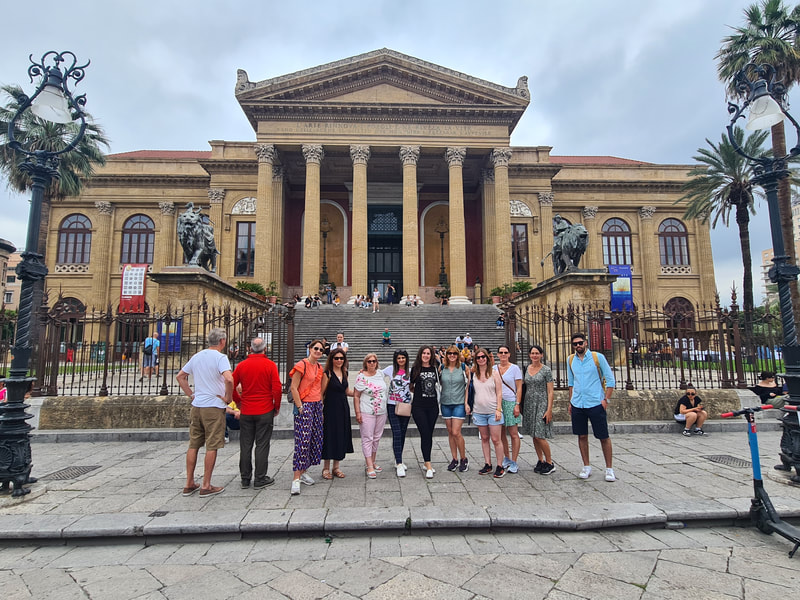
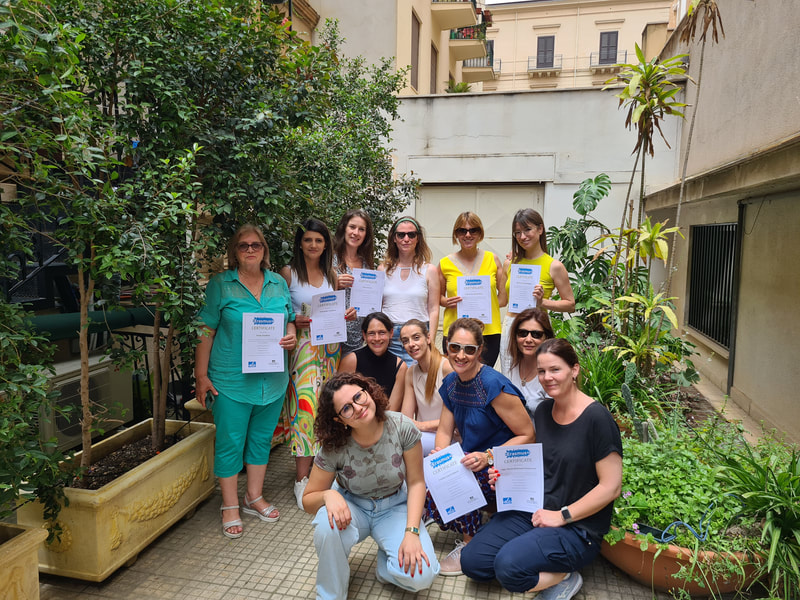
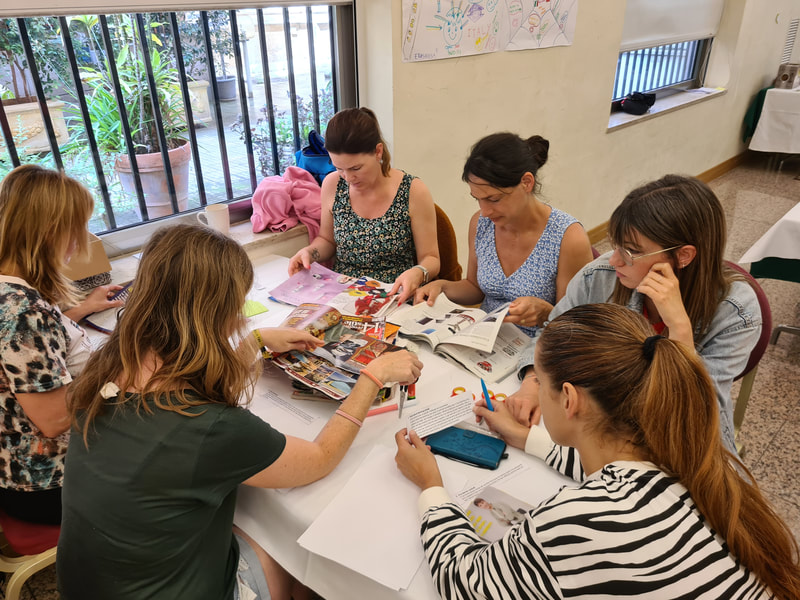
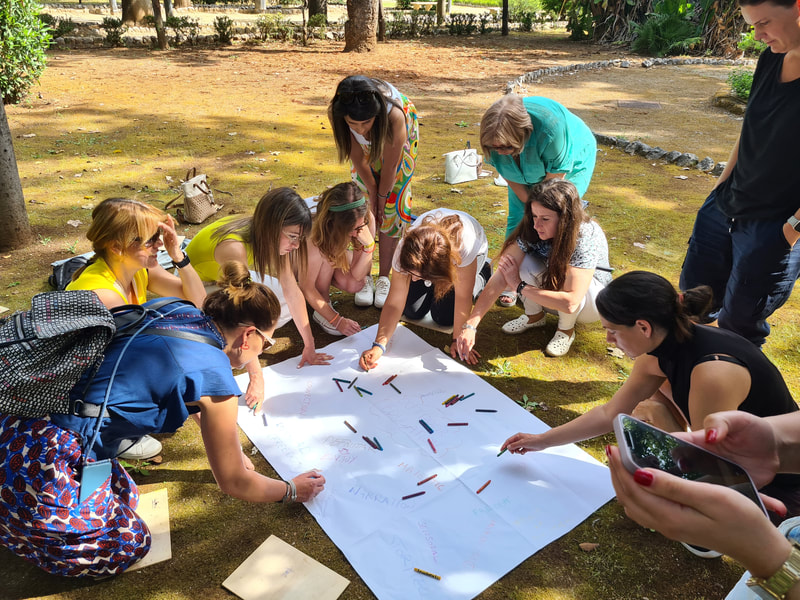
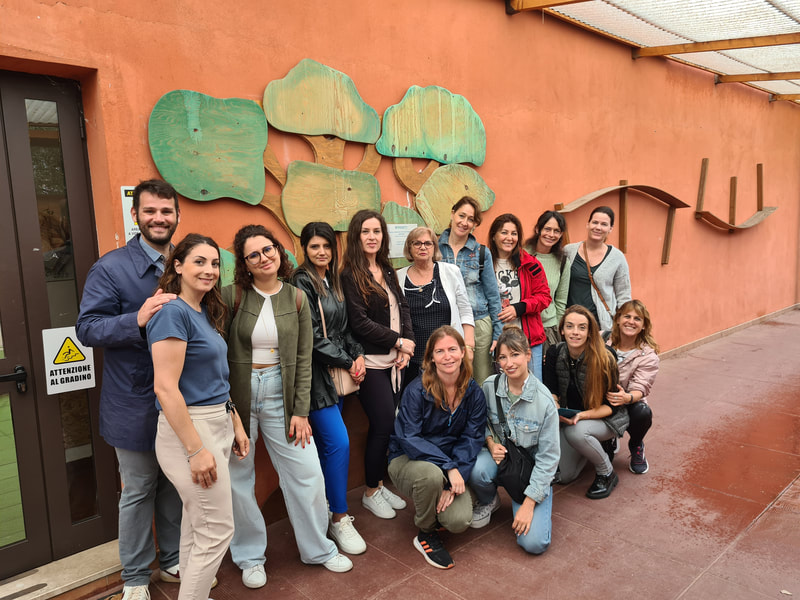
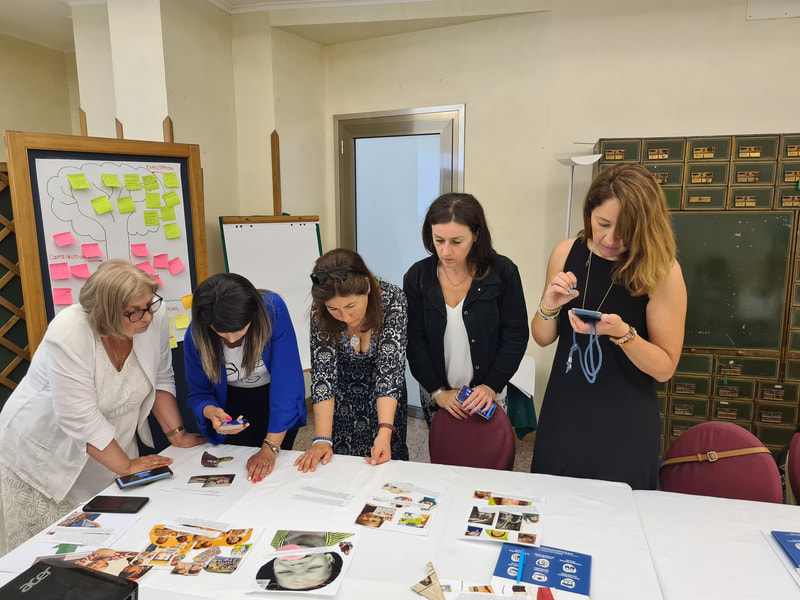
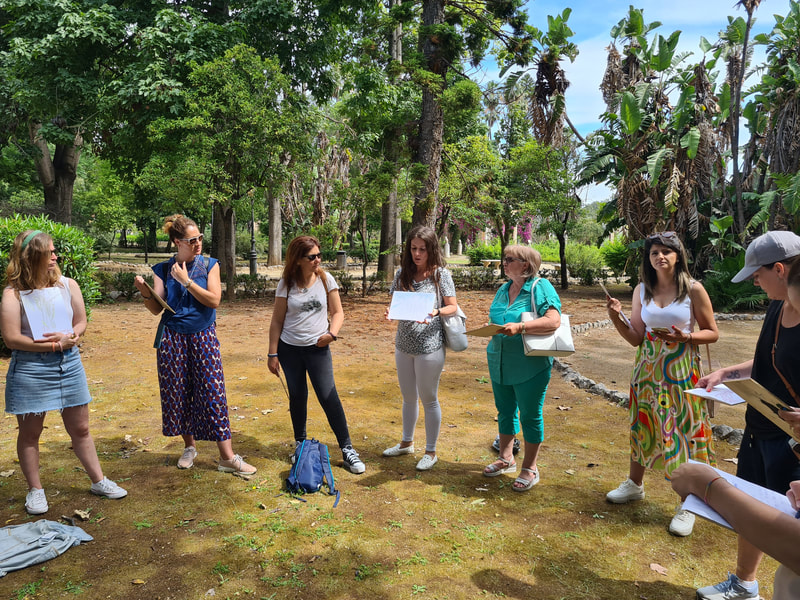
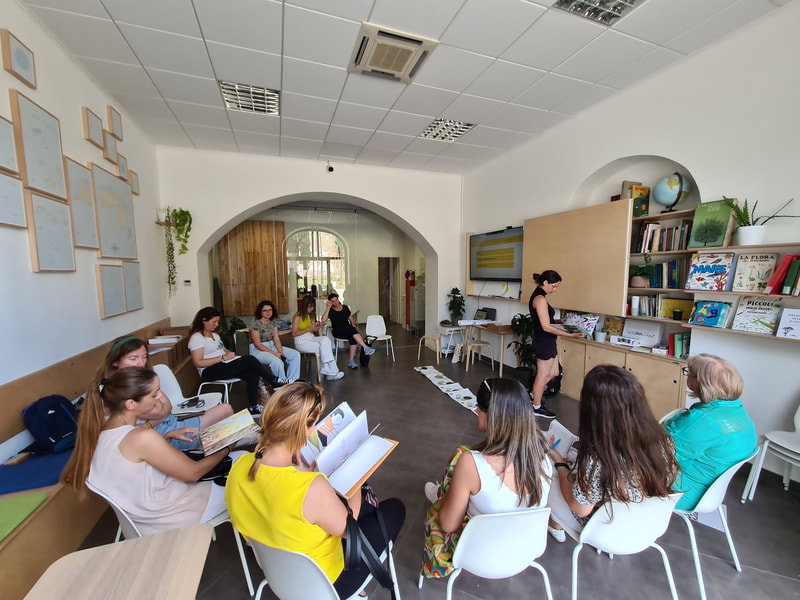
 RSS Feed
RSS Feed









